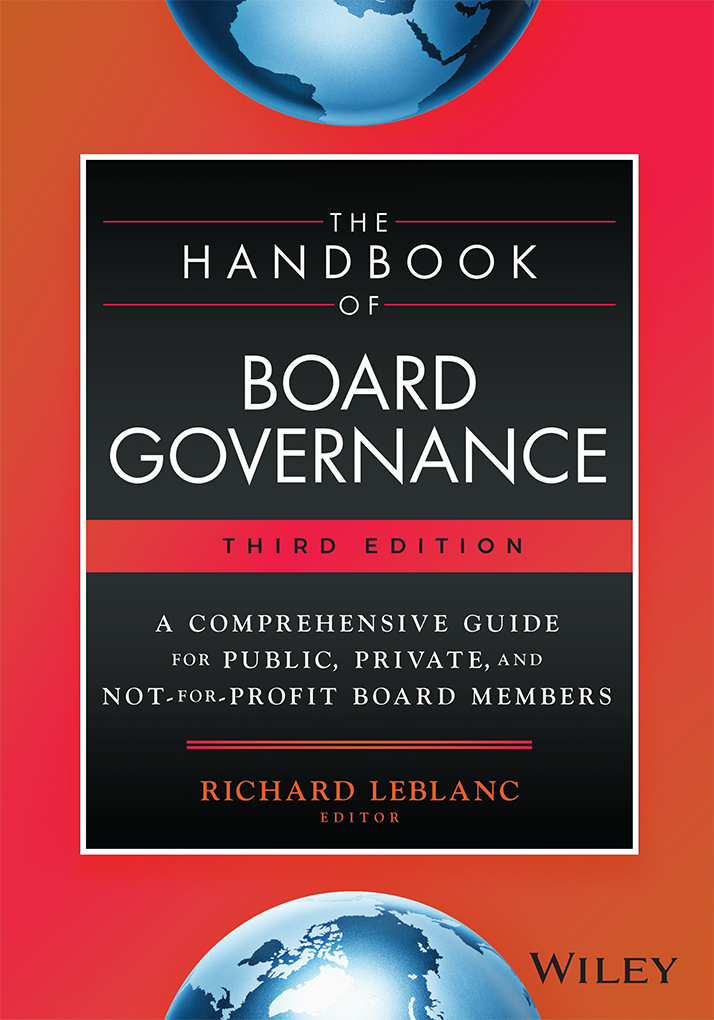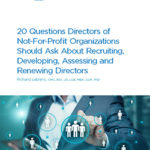There are now two RCMP investigations of potential breach of trust and bribery allegations of a sitting politician involving Senator Mike Duffy and the Prime Minster’s former chief of staff, Nigel Wright.
Senator Pamela Wallin is accused of having taxpayers, at least partially, fund her travel to private events, speeches and board meetings. (Why are Senators even permitted to serve on boards?)
In Quebec, the Montreal mayor who replaced the former mayor has also been charged with multiple corruption counts this past week. SNC Lavalin, a Quebec company, has been charged with bribery and is banned from World Bank contracts for ten years. Arthur Porter, former director of Air Canada, McGill University Health Centre CEO, and member of Canada’s Security Intelligence Review Committee, is fighting extradition from Panama to face bribery charges. The Quebec-based sponsorship scandal is well known, and former Quebec-based Prime Minister Brian Mulroney was reputed to have received cash payments in envelopes.
See “‘Pristine Canada Mired in Scandal After Montreal Arrest.” Two journalists yesterday called the incumbent Prime Minister incompetent and tone deaf to address it.
The Charbonneau Commission in Quebec has heard from 80 witnesses involving allegations of price fixing, collusion, cash payments to win business, influence peddling, threats and extortion. Current and former politicians have been arrested, offices have been raided, and there are likely more arrests to come.
Quebecers are understandably outraged. Potholes in Montreal are well known, and asphalt suppliers evidently colluded to inflate prices by 80% and reduce the asphalt quality. I see this when I visit Montreal. It is a feeling. It starts right with the taxis refusing to take credit cards and wanting cash only. You get a sense of deep cultural and historic embeddedness in the way business is done. A royal commission inquiry was called by the Quebec prime minister, Louis Gouin, in 1909. It lasted 115 days, had 914 witnesses and 548 pieces of evidence were presented. In the words of an executive via private email, “it took about 100 years to go from 25% to 3%, which may mean another 15 years to clean the rest.”
Canadians have been bombarded over the last few months with stunning lack of ethics, internal controls, and even the most rudimentary governance and accountability practices in government. The Senate had to issue new rules on basic concepts such as producing receipts for taxis and providing a specific purpose for travel when claiming expenses. The Senate used to proceed on the “honor” system. Imagine for a moment if an executive claimed travel on “the honor system.”
See a few examples from the new rules:
“3. Require a Senator to provide a specific purpose for travel when claiming expenses.”
“5. Require taxi receipts be provided when claiming taxi expenses.”
The Senate, in 2013, actually had to instruct Senators to provide receipts!
And the Senate, in 2013, actually had to request an independent auditor to audit its financial expenses. Imagine if a public company did not have an auditor?
And the bar for extracting a politician is not malfeasance or misfeasance, like it is in a company for an executive, but actual criminal charges and even prison. In other words, unless a politician actually goes to prison, he or she may not have to resign, or even answer allegations, and there are no other mechanisms, such as compelled public testimony or recall.
Imagine if a CEO said to a board of directors that this was the condition of succession or replacement – prison.
Anti-corruption is not rocket science. There are proven methods to corrupt and bribe. What is needed is a complete rehaul, including codes, controls, audits, assurance and reporting (including whistle-blowing).
The foregoing takes time, energy and money. The advantage I am seeing is that a judicial inquiry is afoot and there are arrests. This, I have not seen before. These are positive steps, but the recommendations from the judicial commission must be far reaching, deep and enforced. Corruption can be counteracted, but the judicial report should be rigorous, and there should be built-in time frames and personal/office accountability for implementing the recommendations, with penalties for non-implementation, reporting and follow up. This is how you do it.
In other words, government (at all levels) has to not only lead by example, but should impose the same huge overlay of regulation (and cost) that it imposes on public companies, on itself. Then, and only then, will it have the credibility, transparency and best practice accountability that the private sector now has.
Posted by Richard Leblanc on Jun 21, 2013 at 4:56 pm in Uncategorized |












